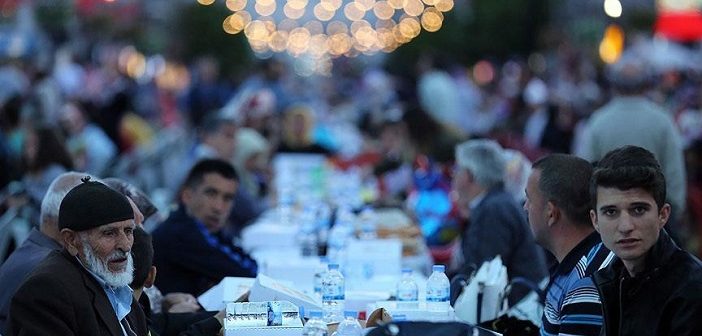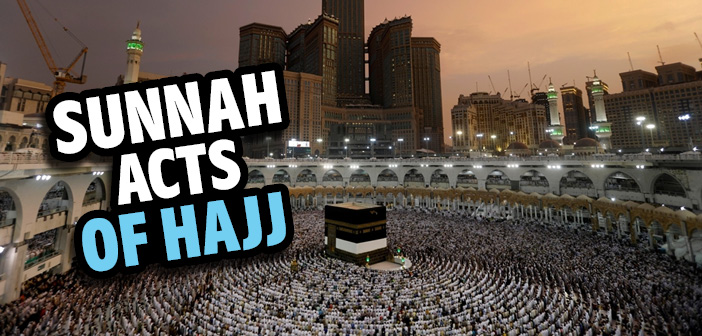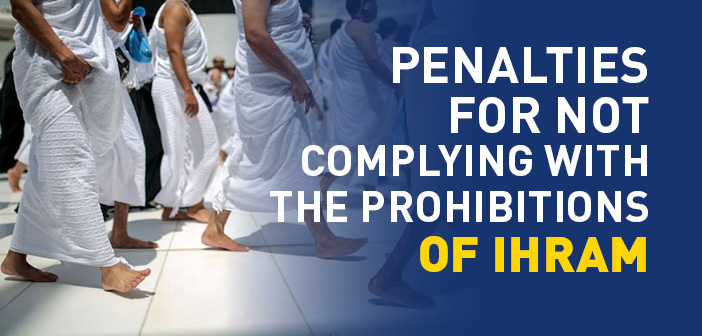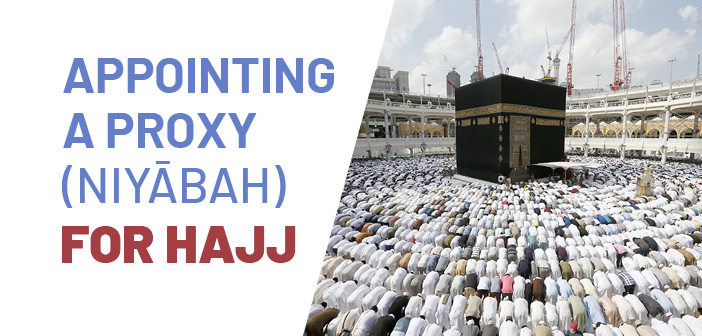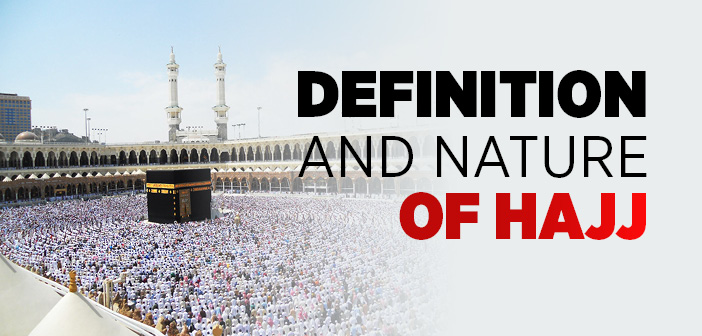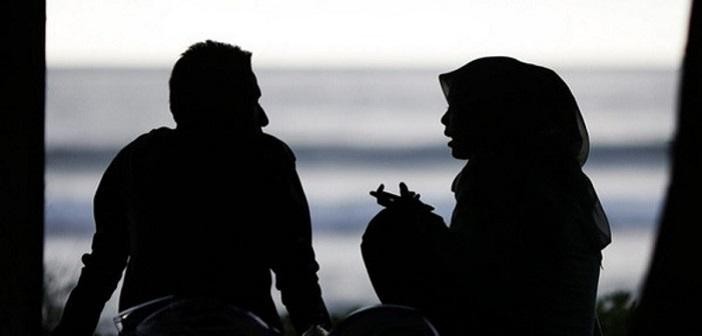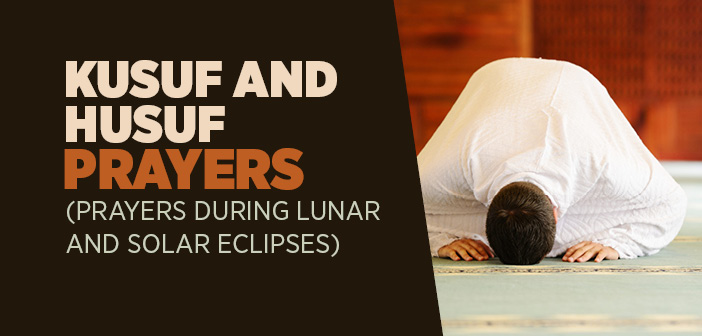
Kusuf and Husuf Prayers (Prayers during Lunar and Solar Eclipses)
What are the kusuf and husuf prayer? What is the difference between kusuf and husuf?
Another supererogatory prayer is the prayers offered during lunar and solar eclipses, or some kind of cosmic sign like getting covered by extreme darkness. When cosmic signs appear, people realize their servitude and take refuge in Allah. In a way, they seclude themselves from the world. Such an atmosphere is an opportunity for a believer to offer prayers, say supplications, and do good deeds.
On the other hand, there are some unbelievers who worship the moon and sun. When a believer sees an incident that shows that the moon and sun are creations of Allah, then he/she should take refuge in Allah and offer Him prayers. Such an act is a sign that glorifies the religion and confutes the unbelievers.
According to a narration by Abdullah b. ‘Amr (r.a.), one day a solar eclipse happened. He (pbuh) stood up and led the believers in a prayer. He stood in the prayer so long that people thought that he would not bend down. Then he bent down and stayed bending for a long time. Then he stood back up and again he stayed standing for such a long time that people thought that he was not going to prostrate. Finally, he went down to prostrate. He prolonged his prostration so much that people began to think he would not sit up. Then, he sat up and stayed sitting for a long time before prostrating for a second time. His second prostration was also very long. When he finished performing two-rak’ahs of prayer, the sun appeared with all its brightness. Then the Prophet (pbuh) went up on the pulpit, and addressed his followers. After saying his thanks and praises to Allah, he continued:
“The Sun and the Moon are two of the Signs (Ayat) of Allah: they do not darken for the death or birth of any person, but Allah strikes fear into His servants by means of them. So when you see them darken, remember and mention Allah, declare His Greatness, offer prayer, give in charity, and supplicate to Him and seek His forgiveness.” (Bukhari, Kusuf, 2-4)
Allah’s Messenger (pbuh) told his companions that the sun and moon were just signs of Allah and eclipses did not show someone’s death or birth. Since only Allah knows the unknown and fate, every moment can be the end of the world. Or a believer should think that any moment can be his/her time to leave this world. Therefore, he/she should be in constant state of worship. Allah’s Messenger (pbuh) had a feeling when the sky darkened, thundered, or a solar or lunar eclipses occurred, and so he would always pray to Allah for the protection of his followers.
What concerned the Messenger of Allah (pbuh) was the fear of Allah. According to the narration of Aisha, whenever he saw clouds or winds, signs of deep concern would appear on his face. Sometimes he would stay and look at the clouds; sometimes he would go in and out of his home. He could not relax until he saw it raining. When Aisha (r.a.) wanted to learn what the reason for his acts was, he replied:
“O ‘Aisha! What is the guarantee for me that there will be no punishment in it, since some people were punished with a wind? Verily, some people saw (received) the punishment, but (while seeing the cloud) they said, ‘This cloud will give us rain.’” (Bukhari, Tafsir, 46/2; Muslim, Istisqa, 14-16)
The Messenger of Allah (pbuh) prayed during solar and lunar eclipses until it was over and ordered the believers to do the same. (Ibn Ḥibban, VII, 68, 100)
Kusuf or Husuf prayer (or prayers during Lunar and Solar Eclipses) is a tradition of the Prophet (pbuh). It is a two-rak’ah prayer. Believers keep performing the prayer until the eclipse clears. There is no problem in performing the prayer during a solar eclipse in congregation, but prayer during a lunar eclipse should be performed individually. Performing these prayers in a mosque is also a prophetic tradition. No calls for the prayer are recited. Only during the solar eclipse someone calls: “Gather for the prayer.” (Bukhari, Kusuf, 3; M. A. Köksal, XI, 221)
Just like solar and lunar eclipses, earthquakes are also signs of the Greatness of Allah. In the fifth year of Hijrah, an earthquake occurred in Medina. Allah’s Messenger (pbuh) said:
“Your Lord wants to turn you to a state, from which He is content with. Then try to earn His contentment.” (Ibn Abi Shaybah, II, 220; Ibn Athir, Usdu’l Ghabah, I, 29) There are reports that Ibn Abbas led believers in prayer during earthquakes comparing them to eclipses. (Ibn Abi Shaybah, II, 220)
Source: An Excellent Exemplar, Osman Nuri Topbaş, Erkam Publications
The Human Reality





